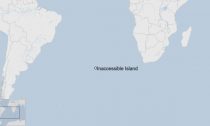
A remote island in the southern Atlantic Ocean has helped reveal the scale of the problem of plastic waste facing our seas. Some 75% of bottles washed ashore on Inaccessible Island, in the South Atlantic, were found to be from Asia – with most made in China. Researchers said most of the bottles had been made recently, suggesting they had been discarded by ships.
An estimated 12.7 million tonnes of plastic end up in our oceans each year. But this figure just covers land-based sources.
The team from South Africa and Canada, writing in the Proceedings of the National Academy of Sciences (PNAS), said that it had been assumed that most of the debris found at sea was coming from the land.
However, the scientists said the evidence suggested otherwise.
“When we were [on the island, called Inace...
Read More


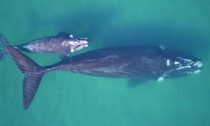
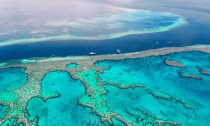
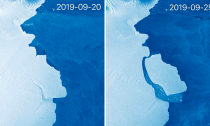
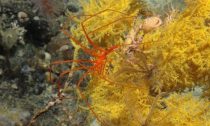
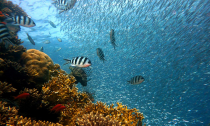
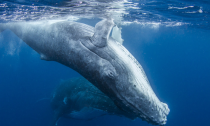
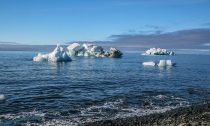



Social Profiles